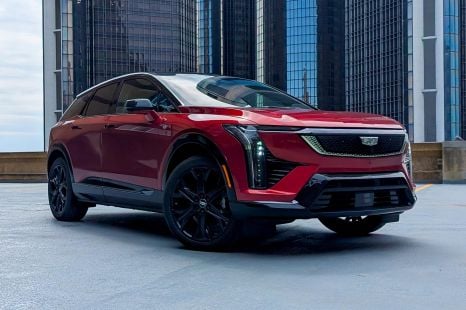

William Stopford
2025 Cadillac Optiq review
5 Days Ago
Mercedes-Benz has partnered with another solid-state battery company, ProLogium, to help develop next-generation battery cells for its EVs.

Contributor
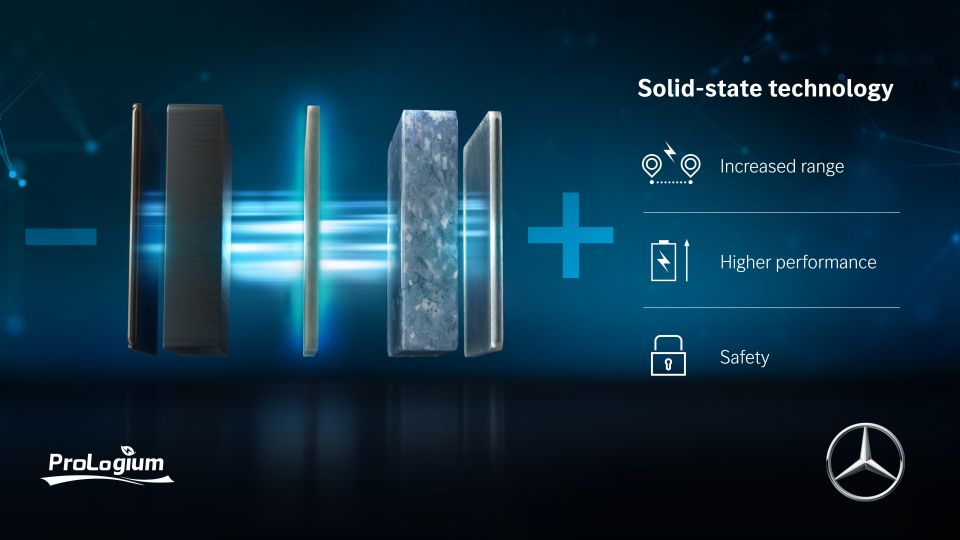

Contributor
Mercedes-Benz is doubling down on battery development and investing in yet another solid-state battery company.
On top of its existing partnership with Factorial Energy, Mercedes-Benz has announced its partnership with Taiwanese battery company ProLogium Technology.
Founded in 2006, ProLogium claims to be the first battery company in the world to mass-produce solid-state lithium ceramic batteries.
On the cutting edge of battery technology, solid-state batteries are said to provide higher outputs, longer ranges and shorter charging times than existing battery technologies.
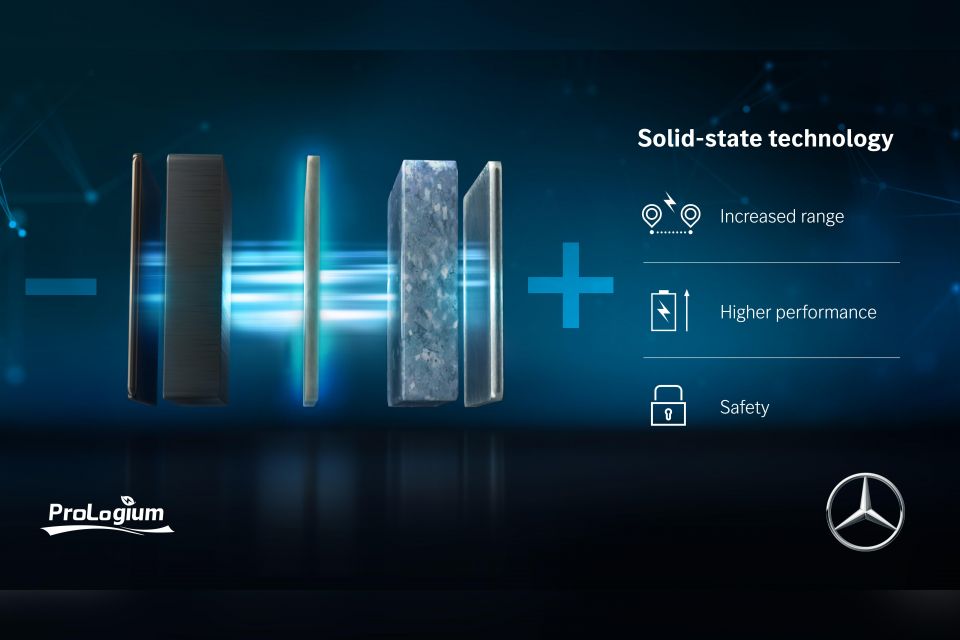
The companies are expecting to have the first Mercedes-Benz test vehicles equipped with solid-state batteries co-developed with ProLogium in “the coming years”.
They are also aiming to integrate the solid-state battery technology into a range of Mercedes-Benz passenger vehicles in the second half of this decade.
Mercedes-Benz says solid-state batteries are “one of the key levers” for determining cost, scalability and energy density of electric vehicle (EV) batteries.
The German automaker also claims that solid-state batteries “can almost double the range of today’s conventional Li-ion battery cells”.
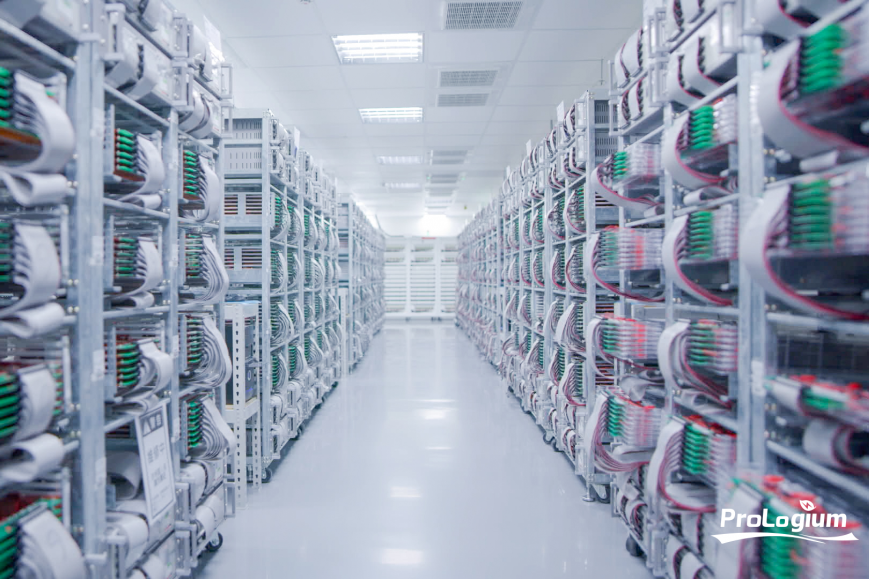
“We believe that range and efficiency are the new industry benchmarks for electric cars,” said Markus Schäfer, Mercedes-Benz chief technology officer responsible for development and procurement.
“Solid-state technology helps to cut down battery size and weight. This is why we are partnering with companies like ProLogium to ensure that Mercedes-Benz continues to break new ground in the automotive sector – for the benefit of our customers.”
“We have been working with Mercedes-Benz on testing of our EV battery cells since 2016 and are excited to strengthen and expand our partnership,” said Vincent Yang, CEO and founder of ProLogium Technology.
“We look forward to ramping up our new plant by the end of 2022 and working with our customers toward successful mass production.”
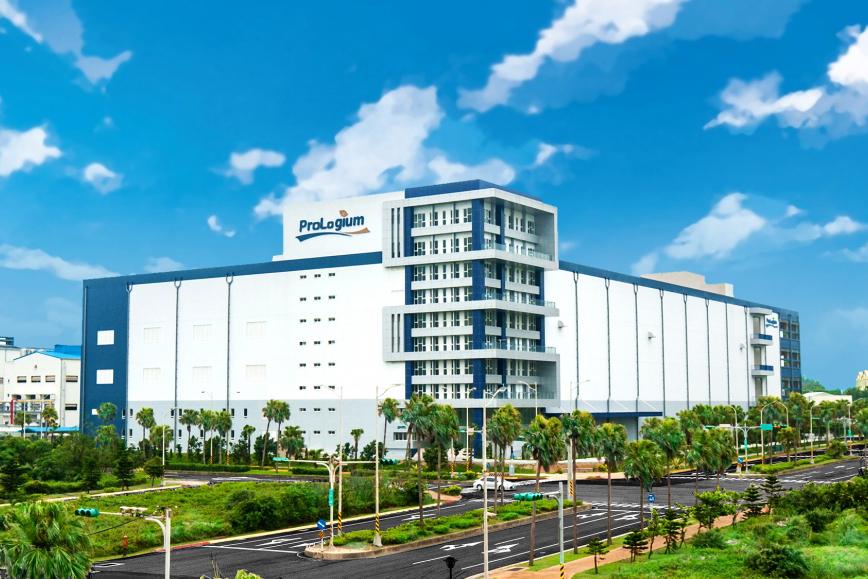
Under the agreement of this partnership, Mercedes-Benz will take a seat on the ProLogium board of directors.
The investment by Mercedes-Benz will be used to support the development of the technology and ProLogium’s plan of establishing production in Europe.
Mercedes-Benz previously announced it’s going to be EV-only by 2030 “where market conditions allow”. It’s still unclear though which markets the automaker is thinking of.
The German automaker isn’t alone in exploring the mainstream feasibility of solid-state battery technology, with many other automakers getting in on the action as well.
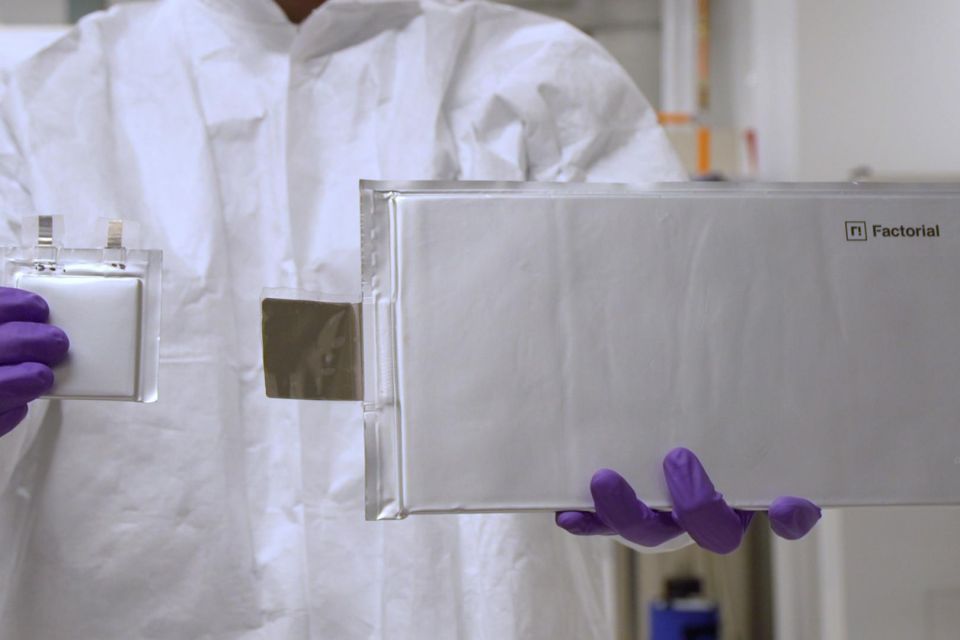
Nissan recently announced that it would be spearheading development of solid-state battery technology for its Alliance partners, Renault and Mitsubishi.
The Alliance plans on spending €23 billion ($A36 billion) in the next five years on electrification and aims to begin mass-production of solid-state batteries in 2028.
Toyota announced in late 2021 that it aims to only sell zero-emission cars in Europe by 2035, with solid-state battery technology on the menu.
The Japanese giant has been testing the technology since 2020 and says it’ll first introduce solid-state batteries in it hybrid vehicles.
The Nagoya-based automaker says using the batteries in its hybrids first will enable it to gain customer feedback before rolling out the technology in its upcoming EVs.
It says a short service life is the primary concern with solid-state batteries, which can also perform poorly in colder temperatures.
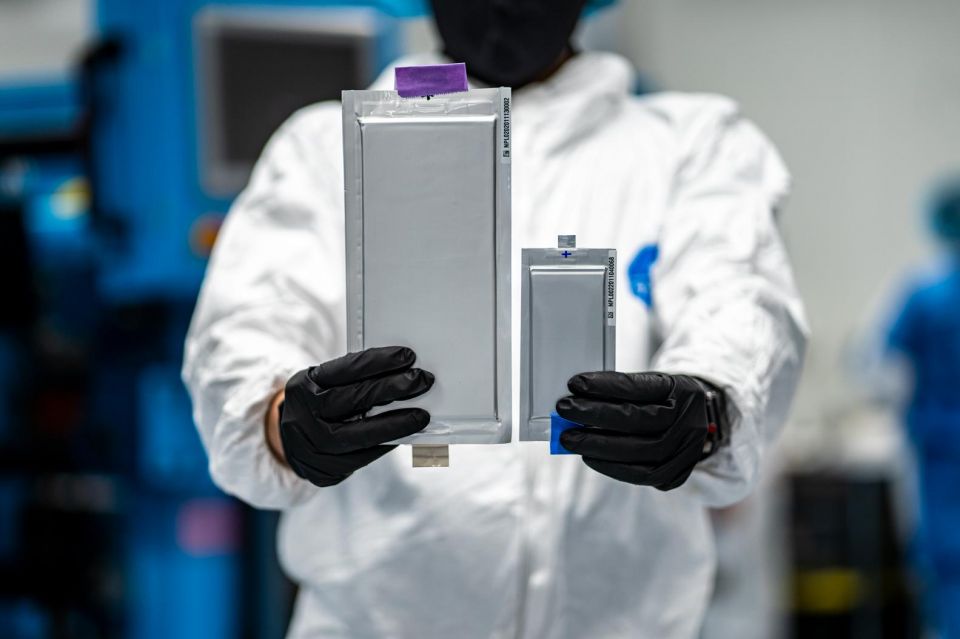
Another issue that has appeared with solid-state batteries is their poor performance in colder temperatures.
Building on Mercedes-Benz’s existing partnership with Factorial Energy, Hyundai and Kia have also partnered with the US battery startup to test its solid-state batteries in their EVs.
BMW and Ford have both invested in a rival US startup called Solid Power that also specialises in solid-state batteries. Hyundai’s previously invested in this company too.
In December 2020, Volkswagen-back company QuantumScape announced it’ll have its solid-state batteries ready for production in 2024, while GM’s recently announced battery development centre in Warren, Michigan will develop solid-state batteries among other battery types, including silicon.
MORE: Stellantis, Mercedes latest investors in US solid-state battery startup
CarExpert helps new car buyers save thousands with expert reviews, honest advice, and transparent pricing – no dealer pressure and no sales games.
Jack Quick is an automotive journalist based in Melbourne. Jack studied journalism and photography at Deakin University in Burwood, and previously represented the university in dance nationally. In his spare time, he loves to pump Charli XCX and play a bit of Grand Theft Auto. He’s also the proud owner of a blue, manual 2020 Suzuki Jimny.


William Stopford
5 Days Ago
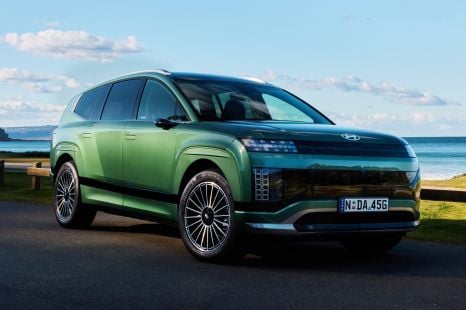

Josh Nevett
4 Days Ago
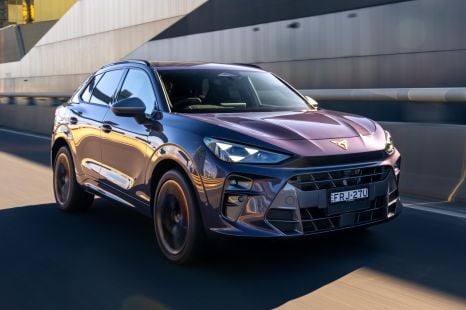

James Wong
4 Days Ago
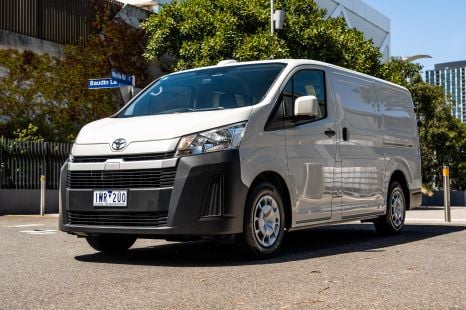

Max Davies
3 Days Ago
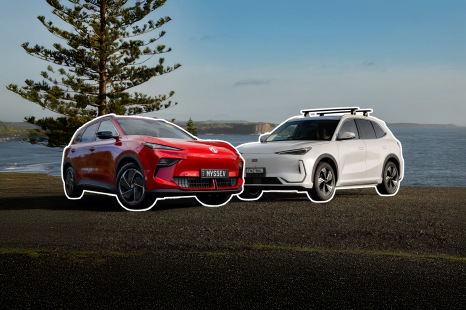

Andrew Maclean
2 Days Ago
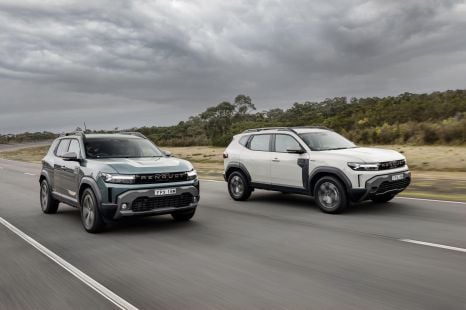

Max Davies
2 Days Ago